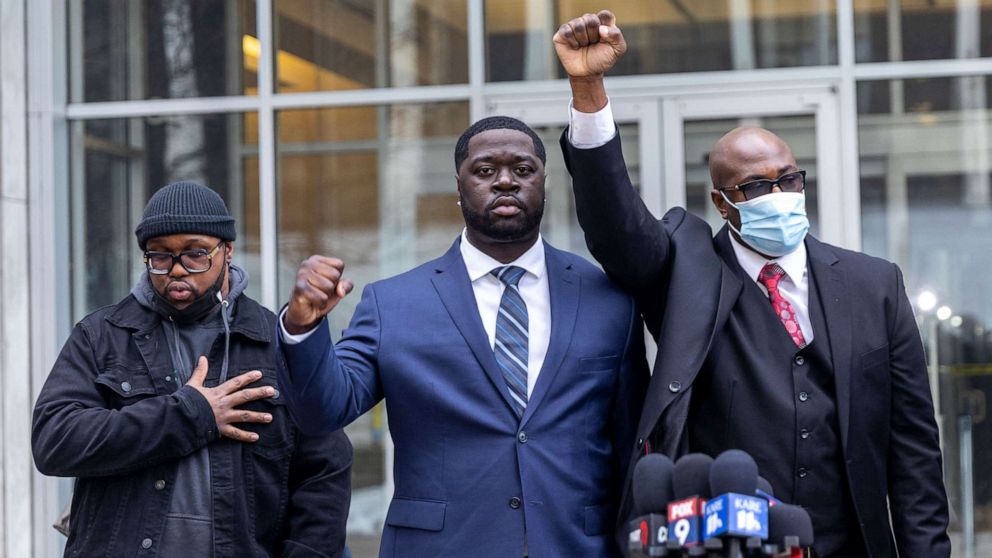Derek Chauvin pleads guilty to federal charges of violating George Floyd's civil rights
Eight months after being convicted of state murder charges in the death of George Floyd, former Minneapolis police officer Derek Chauvin pleaded guilty on Wednesday to federal charges of violating the 46-year-old Black man's civil rights.
"At this time, guilty, your honor," Chauvin, wearing an orange prison jumpsuit, said in Minnesota U.S. District Court in St. Paul when questioned by Judge Paul Magnuson.
The 45-year-old Chauvin, who is already serving a 22 1/2-year state prison sentence for killing Floyd in May 2020, could get additional time behind bars when he is sentenced at a later date.
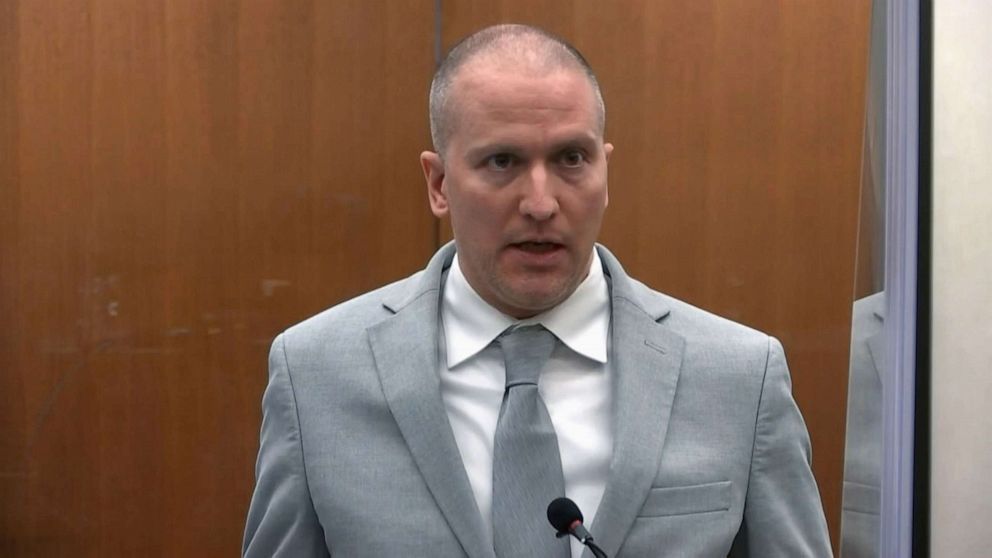
Federal prosecutors are asking that Chauvin be sentenced to up to 25 years in federal prison. The federal sentence is to be served concurrently with the state sentence, according to the plea agreement Chauvin signed in court.
Floyd's brothers Terrence, Rodney and Philonise Floyd, along with their nephew, Brandon Williams, were in the courtroom when Chauvin pleaded guilty.
"Honestly, hearing what Derek Chauvin said in the courtroom is not what we definitely wanted. We wanted this at the beginning of the trial (back in March)," Rodney Floyd said at a news conference following the plea hearing. "My reaction is not what you'd expect. I'm still feeling the anger I felt in the beginning."
Philonise Floyd added, "We can never get justice because we can never get George back."
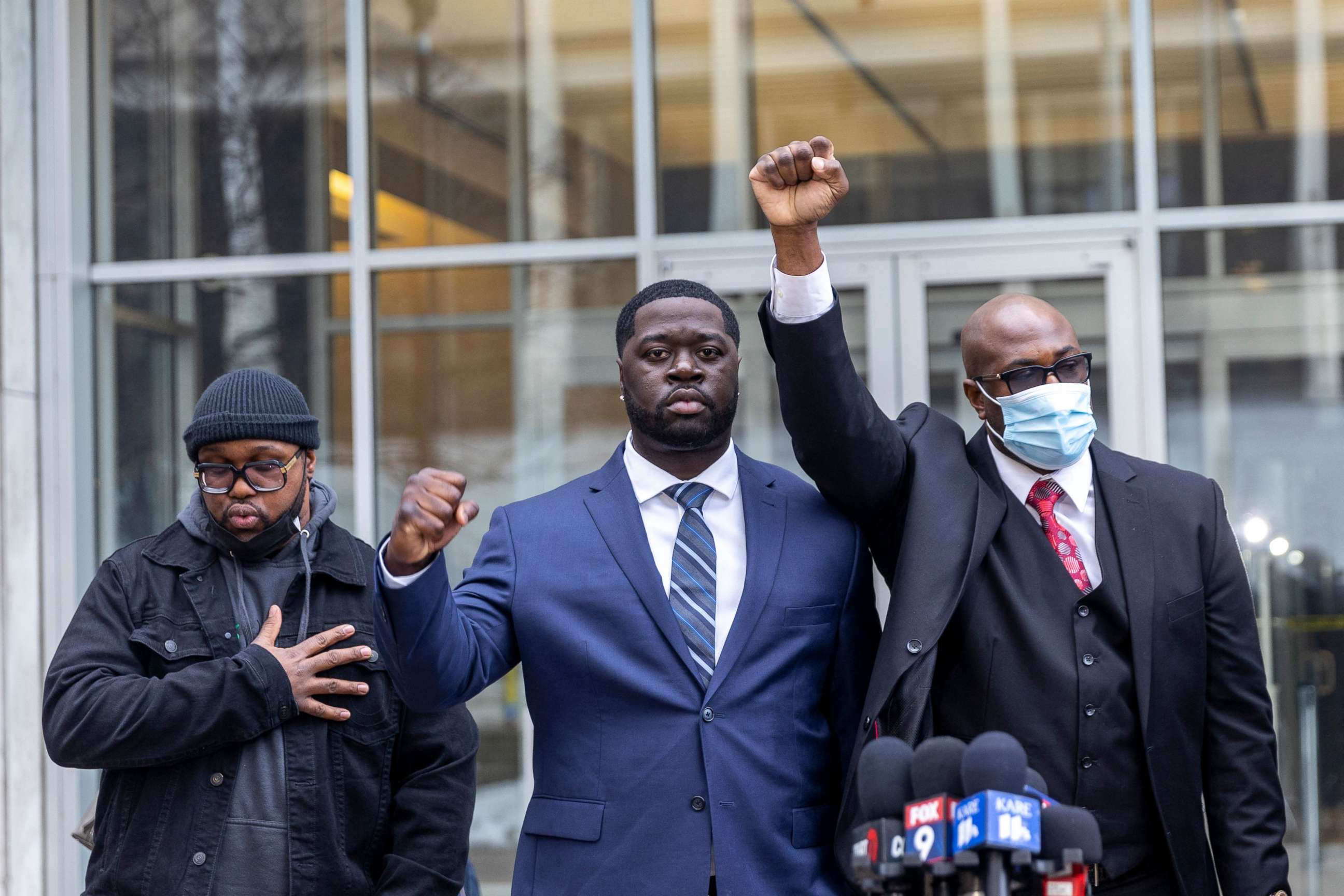
Attorneys for the Floyd family, Ben Crump, Antonio Romanucci and Jeff Storms, released a joint statement, saying: “As our nation continues to grapple with the demons of our past and present, historic days make us hopeful for our future. Today is one such day."
The statement adds: "Before the tragic and needless death of George Floyd, there was little expectation that a white police officer would ever be held accountable for murdering a Black man. But when Derek Chauvin was held to account, the jury – and people across the country – finally said enough was enough."
A federal grand jury in May indicted Chauvin and three other police officers -- Tou Thao, 35, J. Alexander Kueng, 27, and Thomas Lane, 38 in connection to Floyd's death.
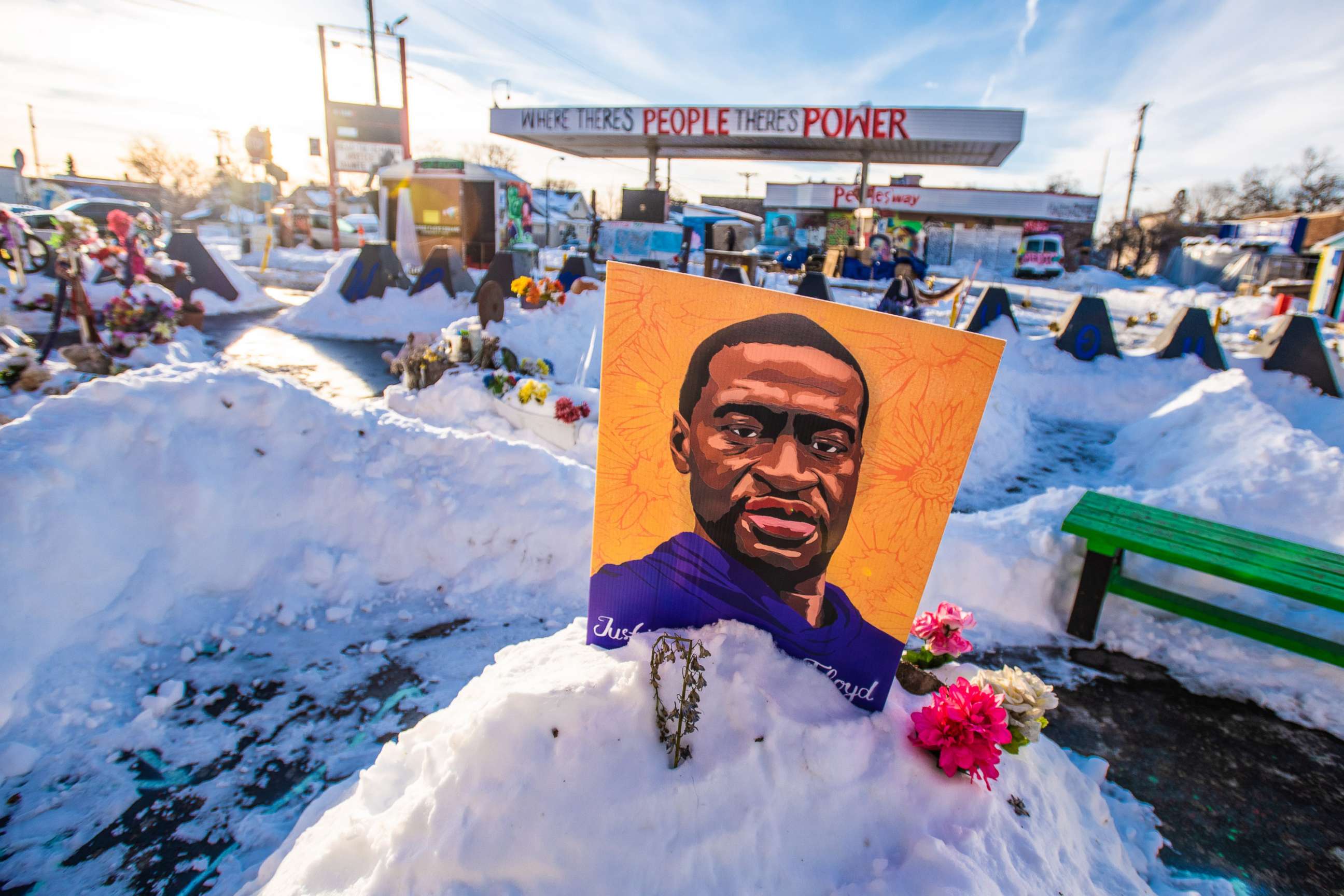
The four men were scheduled to go to trial in federal court together in January.
All four defendants were charged with depriving Floyd of his constitutional right to be free from the use of unreasonable force when they held the handcuffed man on the ground on May 25, 2020, and Chauvin dug his knee into Floyd's neck and back for more than nine minutes even as Floyd complained he could not breathe, fell unconscious and lost a pulse.
The indictment alleges Thao and Kueng willfully failed to intervene to stop Chauvin’s use of unreasonable force.
Lane was heard on body-camera footage played at Chauvin's state trial this year suggesting that Floyd be turned on his side to alleviate his breathing.
Lane, Kueng and Thao are also scheduled to go on trial on state charges in March 2022 on state charges of aiding and abetting second-degree murder and aiding and abetting second-degree manslaughter. They have all pleaded not guilty.
According to a statement from the U.S. Department of Justice, Chauvin "admitted that he continued to use force even though he was aware that Mr. Floyd had stopped resisting, talking and moving, and even though he was aware that Mr. Floyd had lost consciousness and a pulse."
Chauvin also admitted, according to the DOJ statement, that he willfully violated Floyd’s constitutional right not to be deprived of liberty without due process of law, which included his right to be free from a police officer’s deliberate indifference to his serious medical needs.
"While recognizing that nothing can repair the harm caused by such acts, the Justice Department is committed to holding accountable those who violate the Constitution, and to safeguarding the civil rights of all Americans," U.S. Attorney General Merrick Garland said in a statement.
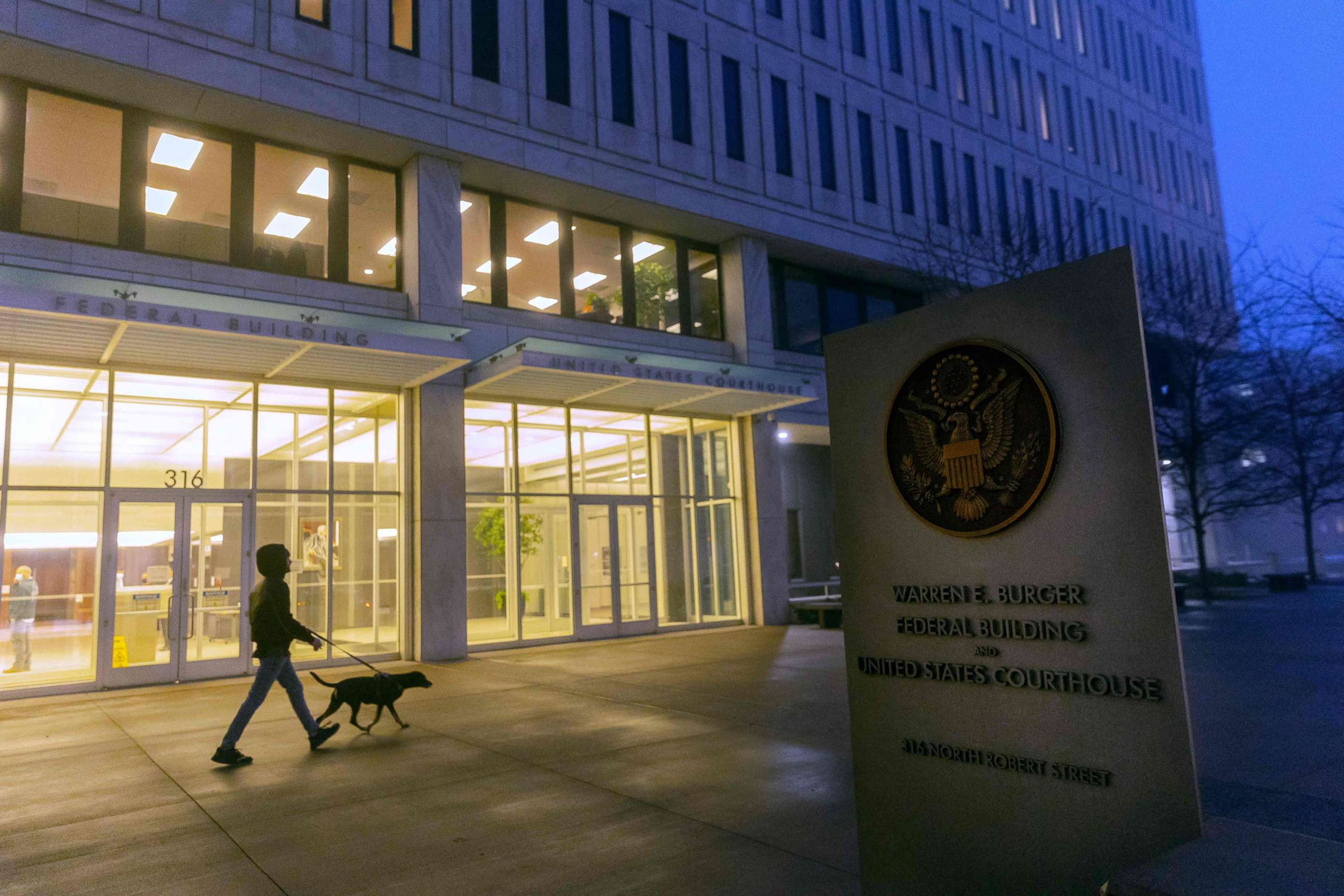
Under the terms of the plea deal, Chauvin will serve his sentence in federal custody and will not be eligible to work in any law enforcement capacity following his release.
Related Articles
MORE: Why Derek Chauvin's sentencing for murdering George Floyd is a rarity
In a separate federal indictment, Chauvin also pleaded guilty to willfully depriving a 14-year-old Minneapolis resident of his constitutional right to be free from the use of unreasonable force by a police officer. The charges stem from an episode in September 2017 and allege that Chauvin, without legal justification, held the teenager by the throat, struck him multiple times in the head with a flashlight and held his knee on the boy's neck and the upper back while he was handcuffed and in a prone position.
"After hearing the details of it, that guy (Chauvin) is a monster," Brandon Williams, Floyd's nephew, said of the brutality case involving the teenager. "He should have been arrested in 2017. Had he been held accountable for what he did in 2017 to that minor, George Floyd would still be here."
In April, Chauvin was convicted of second-degree unintentional murder, third-degree murder and second-degree manslaughter stemming from Floyd's death, which prompted protests nationwide.
Related Articles
MORE: Why Derek Chauvin's sentencing for murdering George Floyd is a rarity
Matthew Barhoma, a Los Angeles criminal appeals attorney, said Chauvin change-of-plea will likely not help Thao, Kueng and Lane.
"Prosecutors will be able to inform jurors in the case against the other officers that Chauvin pleaded guilty, which will reflect badly on those defendants," Barhoma said in a statement to ABC News.
ABC News' Matt Stone and Stephanie Wash contributed to this report.
